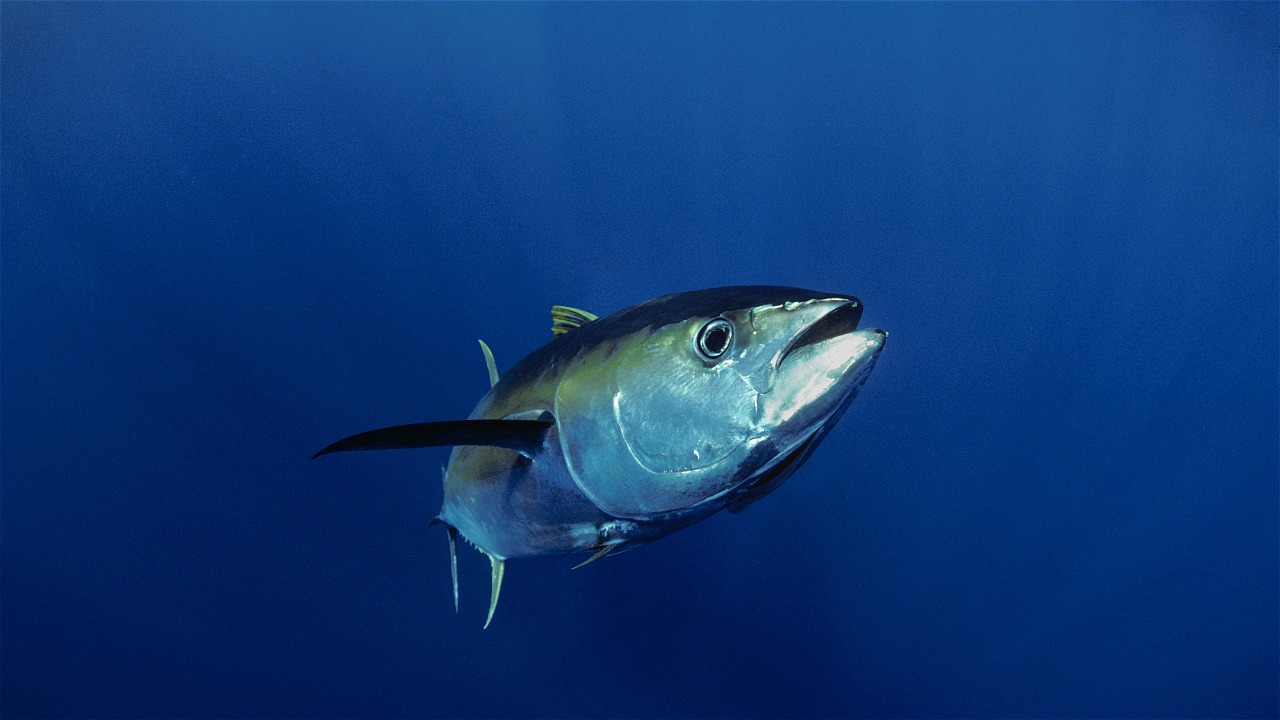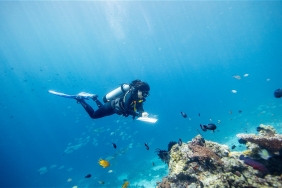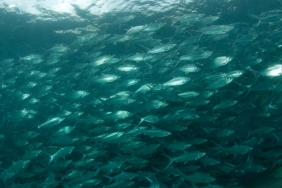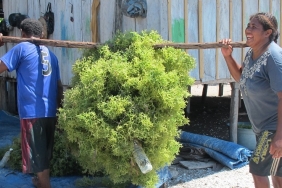EAST FLORES MANAGES FISHERIES SUBSIDY EFFECTIVENESS IN A SUSTAINABLE WAY
The marine area of East Flores Regency in East Nusa Tenggara (NTT) has a water area reaching 69% of its total area. East Flores has the largest and most important fisheries area in NTT after Kupang, Maumere, Larantuka, and Atapupu. Fisheries production in East Flores includes Tuna fish commodities, especially the Yellowfin Tuna (Thunnus albacares) is the main commodity marketed, both in the form of whole logs, as well as the results of advanced processes, such as loin, pocket form, or cube.
However, the results of a study on the performance of fisheries management with an ecosystem approach conducted by Artha Wacana Christian University (Unkaw) Kupang, East Flores Regency Marine and Fisheries Office, and facilitated by WWF-Indonesia in 2013 showed that the utilization of fisheries resources in East Flores Regency experienced a downward trend in fisheries production.
Realizing that the rapidly growing capture fisheries in the district is inseparable from the influence of the government, whether district, provincial, central, and or other institutions that have provided assistance in the form of fisheries subsidies, the Government of East Flores District passed the Regent Regulation of East Flores District Number 9 of 2015 on Fisheries Subsidy Policy in order to realize responsible and sustainable fisheries management.
The regulation, which was issued in early February, aims to support the fisheries sector in accordance with the carrying capacity of the environment in a good and environmentally friendly manner. The results of the 2014 East Flores Regency Fisheries Subsidy Study conducted by the Department of Maritime Affairs and Fisheries (DKP) of East Flores Regency, Unkaw Kupang, and Nusa Cendana University (Undana) Kupang together with WWF-Indonesia, obtained information that so far, fisheries subsidies in East Flores Regency, especially in the 2011 and 2012 fiscal years, have been directed more towards the type of subsidies that trigger over-capacity and very little directed towards subsidies that support sustainability and development of fisheries management.
The fisheries management in East Flores Regency is in the medium category, which means that fisheries management must receive serious attention to achieve sustainable and sustainable fisheries management. Through this regulation, the application of the form and target of fisheries subsidies refers to the sustainable development of fisheries in the district.
To restore fisheries conditions and address unsustainable fisheries practices, the East Flores Regency Government also collaborated with the community, Unkaw Kupang, and Undana Kupang, and WWF-Indonesia to launch a fisheries subsidy program by adopting national-level fisheries subsidy guidelines. This cooperation is carried out so that the flow of funds or assistance in the form of fisheries subsidies is more controlled for the purpose of sustainable fisheries management.
Experts divide subsidies into three groups: First, beneficial subsidies, which are programs that lead to investments in natural capital assets to restore fish stock growth through management and conservation. Second, there are subsidies that spur fishing capacity (capacity-enhancing subsidies) and overfishing as a result of artificially increased profits. Thirdly, there are also subsidies that do not always have a clear impact and under certain conditions actually worsen the state of the resource. Based on these categories, it is suggested that subsidy practices should be implemented in the context of promoting resource sustainability and not the other way around.
In line with this, at the ninth World Trade Organization (WTO) Ministerial Conference in Bali in early December 2013, the Ministers of Trade of Argentina, Australia, Chile, Colombia, Costa Rica, Ecuador, Iceland, New Zealand, Norway, Pakistan, Peru, the Philippines, and the United States also committed not to issue new subsidies that contribute to overfishing or overcapacity of fishing fleets. In addition, the 13 countries also discontinued programs that refer to overfishing. The countries dubbed as "Friend of Fish" also jointly called for the completion of talks to adopt new WTO rules prohibiting fisheries subsidies that do not support sustainable fisheries.
Author: Saraswati Adityarini - Fisheries Officer WWF-Indonesia Lesser Sunda




